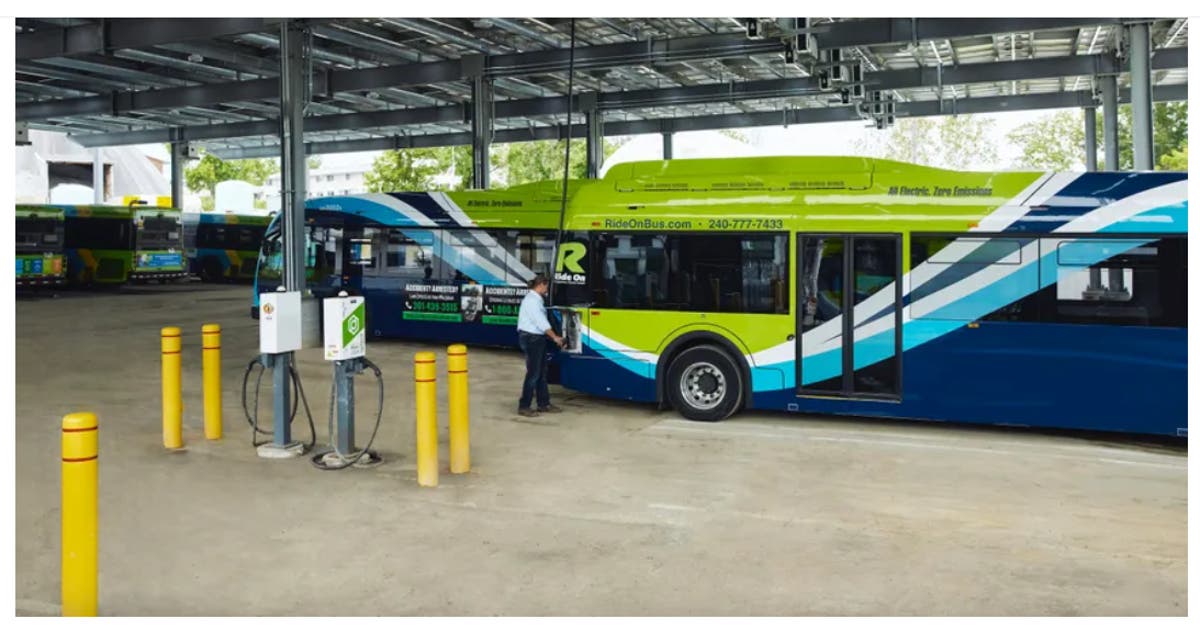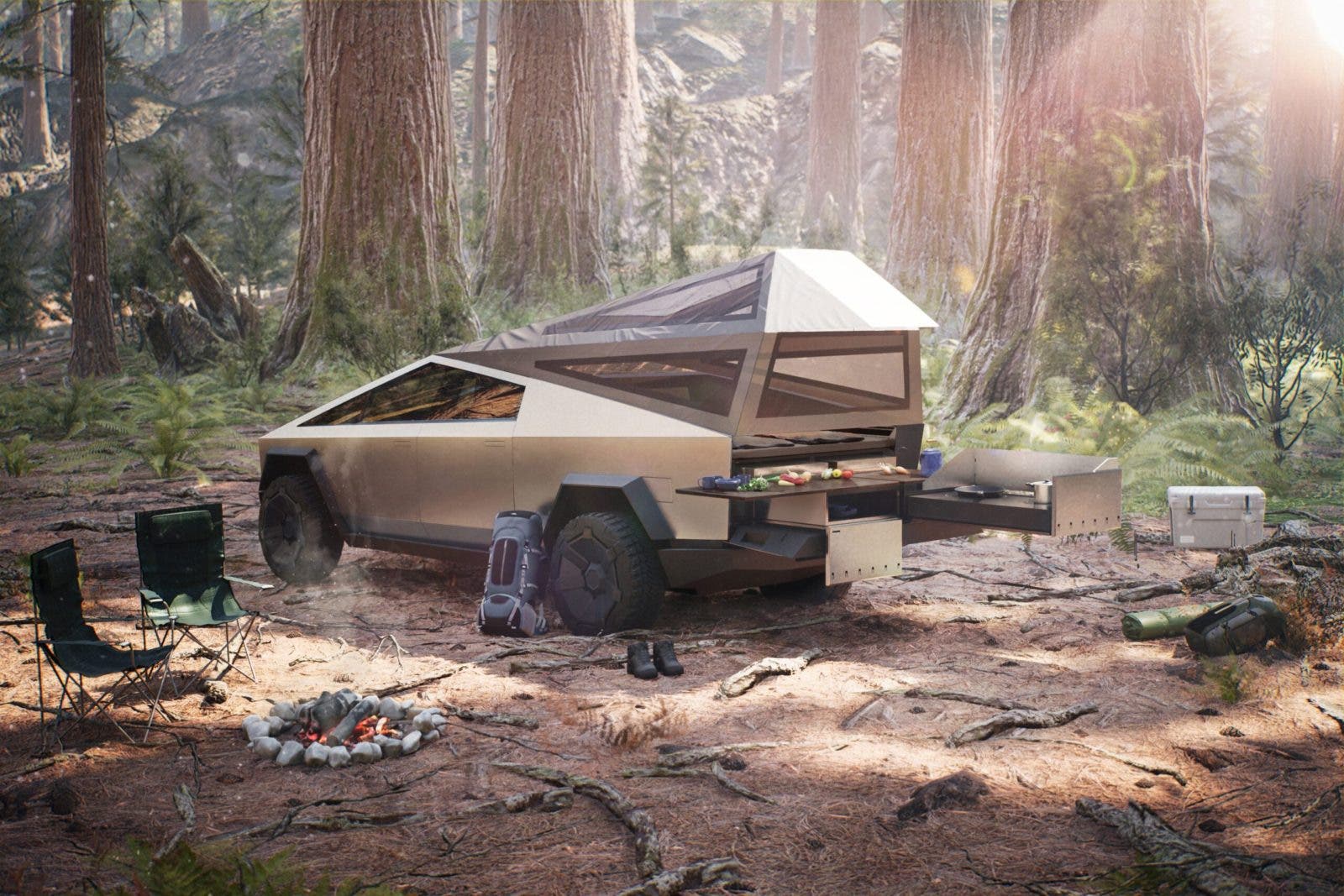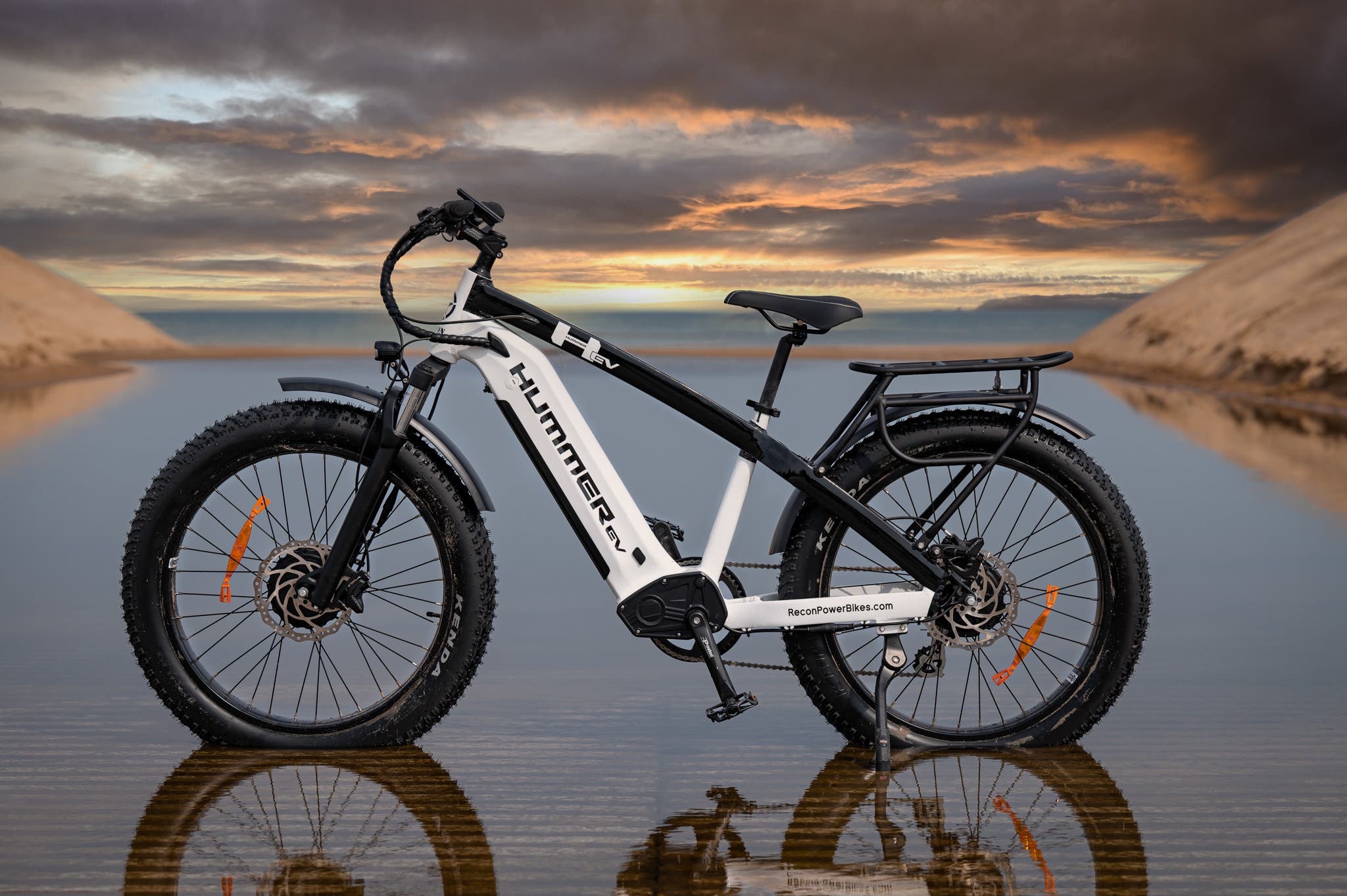With relation to the EV tax credit, Omar Qazi (@WholeMarsBlog on Twitter) has a really interesting perspective on the current Inflation Reduction Act that is quite cynical. That doesn’t make it right or wrong, but it goes against my general belief that everyone has the best of intentions. However, I’m willing to make an exception in the case of government laws, which are frequently found to be quite corrupt.
To be crystal clear, the Senate killed the electric vehicle tax credit today.
EVs were speeding up far too quickly. Legacy auto companies are beginning to fear Tesla’s success. In order to benefit themselves, the fossil fuel and dealership lobby repealed the credit and replaced it with a handout.
(@WholeMarsBlog) Whole Mars Catalog ( August 7, 2022 )
There’s another explanation for why this bill’s domestic battery supply requirements for the EV tax credit are so stringent. I’ll return to the subject and include additional viewpoints.
I recommend reading the entire thread on Twitter about the EV tax credit, but I’ll highlight the main points of his theory here.
We all know that the market for electric vehicles has been dominated by Tesla and Chinese automakers, while legacy auto has been losing market share month after month. What could the US Congress do to impede the development of EV manufacturers while ostensibly promoting environmental protection? By limiting the disruption caused by EVs and supporting the laggards, how could these Congresspeople repay some of their largest donors? What if strict regulations were put in place regarding how batteries are made and where the minerals are obtained? The massive battery supply required for battery electric vehicles would make it exceedingly challenging to adhere to these regulations, while a small battery used in a plugin hybrid would make it very simple. They may install a small $1,000 or $2,000 battery in a car and receive a significant $7,500 reduction by giving a subsidy that is simple for the laggards to use to subsidize their gas and diesel cars. The businesses who produce high-quality fully electric automobiles may struggle to get any credit, in the meanwhile.
Some of these hybrid plugins will only be bought for the tax credit and never even be plugged in. I do believe that most people will realize how much money they can save on fueling their vehicles by simply plugging them in. Additionally, I believe that this will stimulate more level 1 and level 2 charging in apartments and businesses. So, I don’t believe that all of this’s impacts are negative.
When the rest of the world is accelerating its adoption of fully electric vehicles, this could lead to the US producing a lot more plugin hybrids rather than making the US a leader in electric vehicles. Let’s hope that despite the barriers our Congress has erected, our auto sector manages to withstand this legislation and continues the switch to electric vehicles.
Another issue is that if you sell your cars through a dealer network, you can transfer your tax credit to a dealer who will apply it to the car sale straight away rather than having to wait until April 15th of the following year. Since you will then receive the full credit, this is especially helpful if you don’t earn enough to pay $7,500 in income taxes. The drawback is that this alternate option is only accessible if you transfer the subsidy to a dealer. This benefit is unavailable to startups like Tesla, Rivian, and Lucid that don’t sell through a dealer network.
Due to supply chain problems brought on by governments’ responses to COVID-19, which resulted in the closure of numerous firms, auto dealers have been experiencing a car shortage for the past two years. Dealers have discovered that they may make more money by selling a few automobiles at a high markup as opposed to numerous cars at a low markup. They now have even more money to lobby Congress as a result of this. I urge you to watch some of the videos by Lucky Lopez, who lets you see behind the curtain of this world to see more of the bizarre games the auto salesmen have been playing.
Although I have faith that Tesla will find a method to obtain some of the credits next year, I am concerned that Rivian, Lucid, and other startups won’t be able to do so, giving legacy automakers an unfair edge that could ultimately lead to their demise.
I should disclose that I own shares of Hertz (HTZ), XPeng (XPEV), BYD (BYDDY), Tesla (TSLA), and Nio (NIO). However, I don’t provide any kind of investment advise here.
Do you value the unique reporting and cleantech news coverage on CleanTechnica? Consider becoming a patron on Patreon or a CleanTechnica Member, Supporter, Technician, or Ambassador. Don’t miss a cleantech story, will ya? Register for daily news updates from CleanTechnica by email. Or follow us on Google News Want to advertise with CleanTechnica, send us a tip, or propose a speaker for our podcast CleanTech Talk? You can reach us here.







